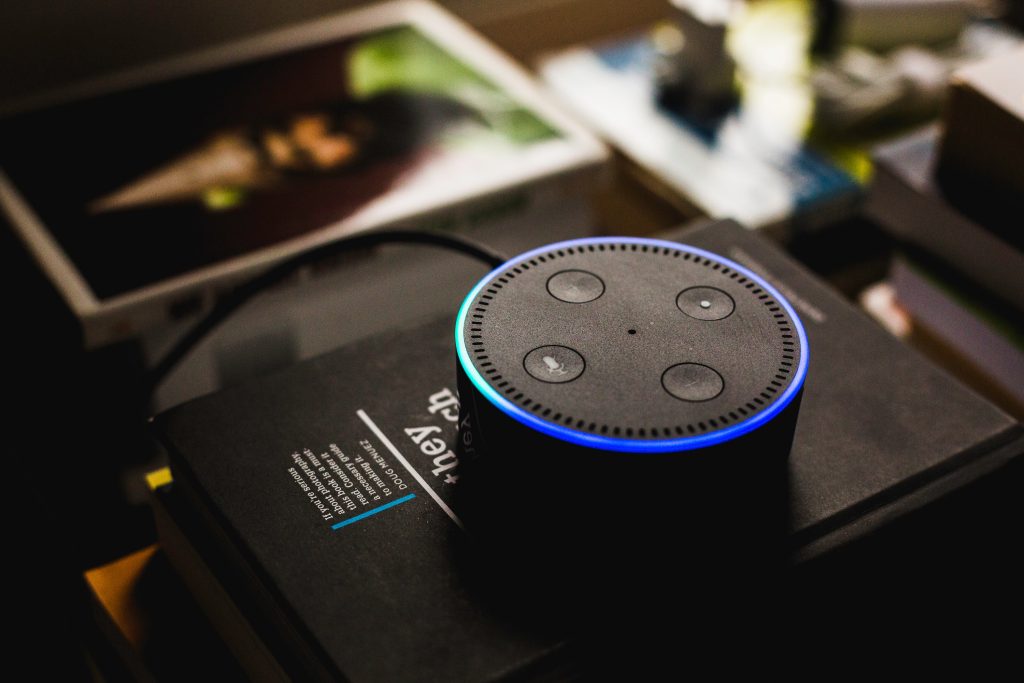5 Industries That Can Benefit the Most from IoT in2024
In the rapidly evolving landscape of technology, the Internet of Things (IoT) continues to play a pivotal role in reshaping industries across the globe. As we step into 2024, the integration of IoT is set to revolutionize various sectors, enhancing efficiency, productivity, and overall operational capabilities. This article explores five industries poised to benefit the most from IoT advancements in the coming year.

1. Healthcare:
The healthcare industry is on the brink of a technological transformation, with IoT at the forefront of innovations. In 2024, IoT devices are expected to streamline patient care, improve diagnostics, and enhance overall healthcare management. Wearable devices and remote patient monitoring will become more sophisticated, enabling healthcare professionals to gather real-time data and monitor patients’ health conditions from a distance. This not only facilitates early intervention but also reduces the burden on healthcare facilities.
Additionally, smart medical equipment, such as IoT-enabled insulin pumps and medication dispensers, will provide personalized treatment plans and improve medication adherence. The healthcare sector’s adoption of IoT is set to create a more connected and patient-centric ecosystem. For example, the integration of behavioral health software into IoT systems marks a significant stride towards comprehensive healthcare solutions. This software ensures a holistic approach by incorporating mental health indicators into the data collected, enabling healthcare providers to offer personalized care that considers both physical and mental well-being.
2. Agriculture:
The agricultural industry is experiencing a digital revolution, and IoT is set to be a game-changer for farmers worldwide. In 2024, IoT devices will empower farmers with real-time data on soil health, weather conditions, and crop growth patterns. Smart sensors and automated machinery will optimize resource usage, ensuring efficient irrigation, fertilization, and pest control.
Precision farming, driven by IoT technology, allows farmers to make data-driven decisions, increasing crop yields and minimizing environmental impact. Drones equipped with IoT sensors will survey vast expanses of farmland, providing insights into crop health and identifying potential issues before they escalate. The integration of IoT in agriculture promises to create a more sustainable and productive future for the industry.
3. Manufacturing:
IoT’s impact on the manufacturing sector is already evident, but in 2024, it is set to reach new heights. The concept of Industry 4.0, characterized by the integration of digital technologies into manufacturing processes, relies heavily on IoT devices. Smart factories will leverage IoT sensors to monitor equipment health, predict maintenance needs, and optimize production workflows.
Supply chain management will also benefit from IoT connectivity, providing real-time visibility into the movement of raw materials and finished products. This level of transparency enhances efficiency, reduces downtime, and enables manufacturers to respond swiftly to changing market demands. The manufacturing industry’s embrace of IoT is a key driver in the evolution toward more agile and interconnected production systems.
4. Retail:
Retailers are increasingly turning to IoT to enhance the customer experience and streamline operations. In 2024, IoT-powered solutions will continue to transform the retail landscape, providing valuable insights into consumer behavior, inventory management, and store operations. Smart shelves, equipped with sensors, will monitor product availability, automatically restocking items when inventory is low.
For consumers, IoT-driven personalized shopping experiences will become more prevalent. Smart mirrors, augmented reality applications, and beacon technology will create a seamless and interactive shopping journey. Additionally, supply chain optimization through IoT will reduce stockouts, minimize waste, and ultimately improve the bottom line for retailers.
5. Smart Cities:
The concept of smart cities, where urban infrastructure is interconnected and data-driven, is gaining momentum with the help of IoT. In 2024, smart city initiatives will leverage IoT technologies to enhance sustainability, improve public services, and optimize resource allocation. IoT-enabled sensors will monitor traffic flow, enabling smart traffic management systems to alleviate congestion and reduce commute times.
Smart energy grids will optimize energy consumption, and waste management systems will become more efficient through real-time monitoring. Public safety will also benefit, with IoT-powered surveillance systems providing law enforcement agencies with timely and accurate information. The development of smart cities represents a paradigm shift in urban living, with IoT acting as a catalyst for transformative change.
Conclusion
As we enter 2024, the transformative power of IoT is poised to revolutionize diverse industries, ranging from healthcare and agriculture to manufacturing, retail, and smart cities. The seamless integration of IoT devices and technologies will not only improve operational efficiency but also pave the way for more sustainable and interconnected ecosystems. Embracing the potential of IoT is not just a technological advancement; it is a strategic imperative for industries looking to thrive in the dynamic landscape of the future.